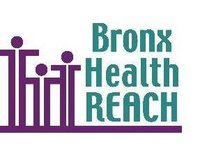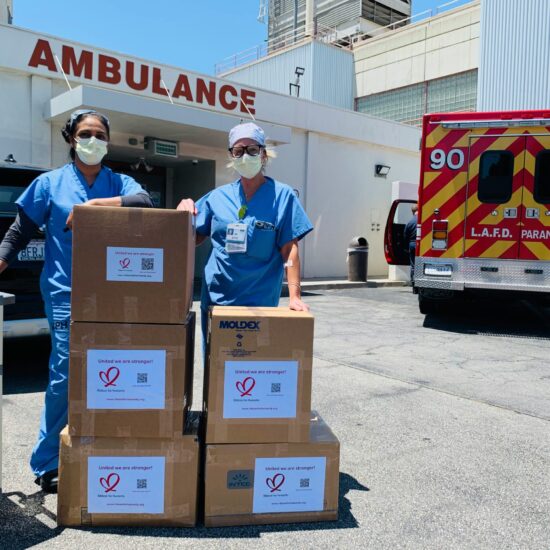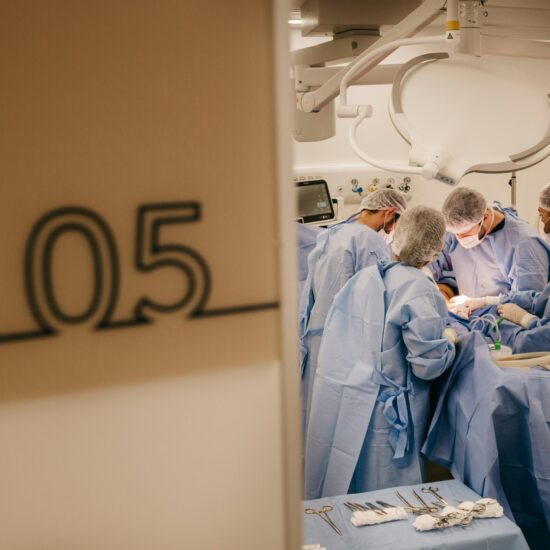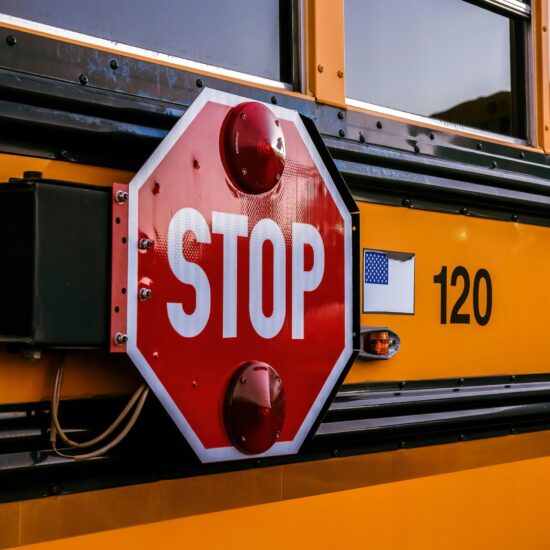This was originally posted on Bronx Health REACH’s blog Making Health Equality a Reality on May 3, 2011
 According to the Food and Drug Administration (FDA), nearly 4,000 youth under age 18 try their first cigarette each day in the United States and an additional 1,000 become daily smokers. In the Bronx, 3,000 public high school students are current smokers (NYC Department of Health, 2009) and a third of them are likely to die prematurely from the effects of cigarette smoking, based on statewide data from the Centers for Disease Control and Prevention.
According to the Food and Drug Administration (FDA), nearly 4,000 youth under age 18 try their first cigarette each day in the United States and an additional 1,000 become daily smokers. In the Bronx, 3,000 public high school students are current smokers (NYC Department of Health, 2009) and a third of them are likely to die prematurely from the effects of cigarette smoking, based on statewide data from the Centers for Disease Control and Prevention.
Tobacco companies market heavily to youth with the goal of finding and securing “replacement smokers.” The Campaign for Tobacco-Free Kids notes that tobacco industry internal documents identify children as young as 11 years old as a “key market.” A newly published FDA report indicates that 80% of black and 50% of Hispanic teens smoke menthol cigarettes such as Newport. This is particularly relevant to the Bronx, which is 91% black and Hispanic, according to the 2010 census. According to a report published this year by the Tobacco Products Scientific Advisory Committee (TPSAC), menthol cigarettes reinforce smoking behavior through their cooling “throat grab”, which reduces the aversion to nicotine among new smokers, thus promoting continued use leading to addiction. One manufacturer of a menthol-containing brand that is extremely popular among black and Hispanic teens, notes: “[T]he base of our business is the high school student.”
Although cigarette companies claim that they have discontinued intentional marketing to youth through targeted ads and promotional items, they have found another powerful venue for the promotion and sale of their products—the local neighborhood store. The corner store is a favored stop off point for youth on their way to and from school. A recent Bronx community mapping survey showed that 85% of these establishments are located within a five block radius of a school. Cigarette and spit-tobacco companies continue to advertise heavily at these stores with large ads and signs clearly visible from the outside.
On June 22, 2010, the FDA issued a new ruling designed to limit the effect of tobacco advertising on youth.
Among other things, the rule:
- Prohibits the sale of cigarettes or smokeless tobacco to people younger than 18,
- Prohibits the sale of cigarette packages with less than 20 cigarettes,
- Prohibits distribution of free samples of cigarettes or smokeless tobacco, and
- Prohibits gifts or other items in exchange for buying cigarettes or smokeless tobacco products.
To ensure compliance, the FDA has promised to conduct unannounced inspections of local retail establishments and to impose “enforcement action,” which could include warning letters, civil money penalties, and orders prohibiting the future sale of tobacco products.
While these provisions are important, they do not address the key issue of tobacco signage in local neighborhood stores. In the Bronx, this is a major issue, due to their proximity to schools, and the tendency of many to violate the FDA ruling by selling small quantities of cigarettes and other tobacco products to youth, and failure to verify their age at the time of sale.
What can communities do? Bronx Health REACH (BHR) has spent the last few months as a community contractor with the Bronx Smoke-Free partnership under a grant funded by the New York City Department of Health. We have met with local members of the Assembly, Senate and City Council to encourage their continued advocacy and support of smoking prevention and cessation efforts in the Bronx, which has one of the city’s highest overall smoking rates and highest pediatric asthma hospitalization rate. In addition, we have met with Community Boards 3 and 5, representatives from our key target schools in Districts 7 and 9, and members of our Faith-Based Outreach Coalition to inform and sensitize them to the issue of youth-focused tobacco marketing in the local retail market.
Bronx Health REACH is currently working with eight schools under the New York State Department of Health-funded HEA+LTHY Schools NY program to bolster school wellness policies focusing on nutrition, physical fitness and tobacco prevention. It has also encouraged its faith-based coalition to actively engage their youth groups in tobacco prevention advocacy, since youth are the target of tobacco marketing efforts. Several youth groups in member churches have already been sensitized to the importance of healthy eating through participation in the God’s Health Squad program, a multi-unit participatory curriculum that covers key concepts related to nutrition, fitness, good health and positive body image. REACH staff and members of the Bronx Smoke-Free Partnership will work with these same youth groups in targeting local retailers to encourage them to remove tobacco signage outside their stores and reduce tobacco product visibility inside.








Pingback: After Accepting $290,000 from Tobacco Industry, House Conservatives Push ‘Cigarettes For Children’ Amendment « The Fifth Column / June 15, 2011
/